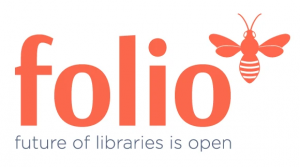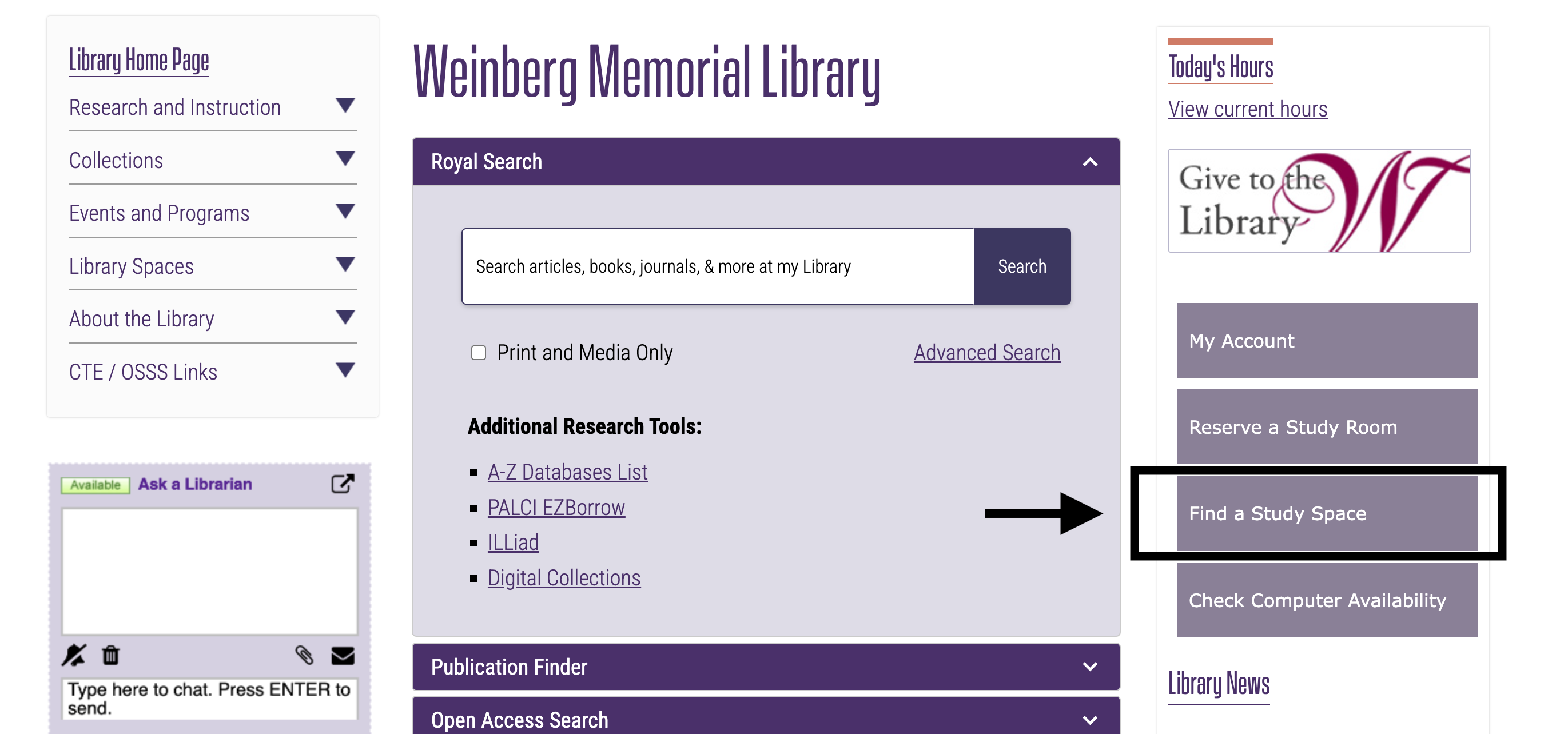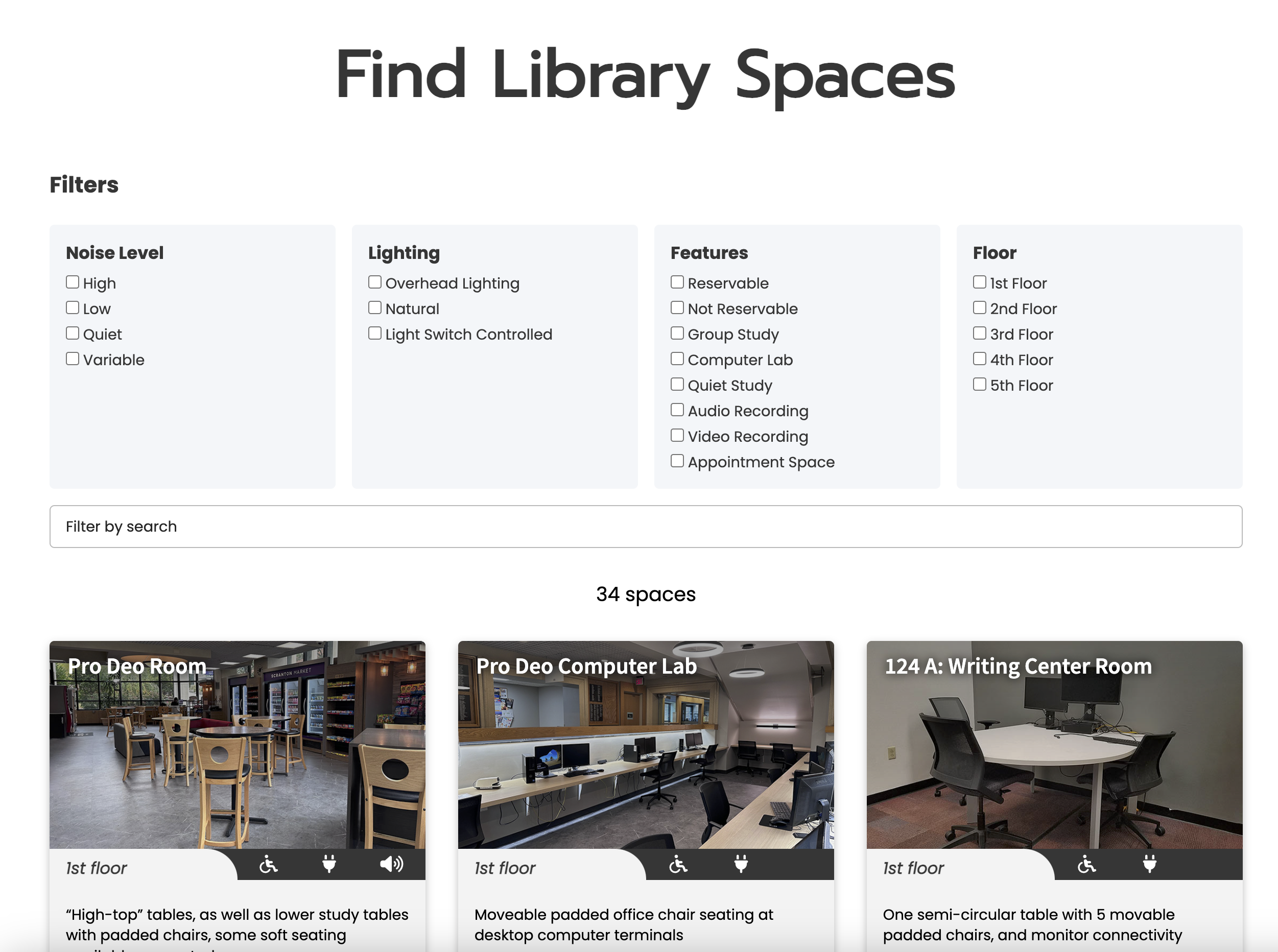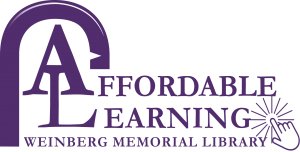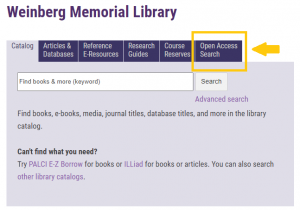The Library’s recent migration to our new Library Service Platform, FOLIO, included changes to accessing your Library Account and access to user tools within Royal Search.
If you are a Student, Faculty, or Staff member, the following visual guide at the link below will assist you with logging into your account:
Accessing your Library Account from Royal Search
Or, you can follow the steps below:
In the upper right corner of the Royal Search webpage you will see an icon and the words MyEBSCO.
Click on the icon and select Sign in to my EBSCO at the bottom of the box. You will then be asked to authenticate using your Royal ID number if you are not already signed in.
If this is your first time logging into MyEBSCO after May 29, 2024, you will be asked to personalize your account. Click on the blue button that says Continue personalized, this will connect your MyEBSCO account to your Royal ID number and give you access to the My dashboard tools. While you can search Royal Search without logging in or personalizing your account, you will need to sign in and personalize your account if you wish to place holds on materials or view database articles. Once you personalize your account you will not see that pop up window again, you would only receive prompts to sign in and authenticate.
On the left side menu My dashboard has tools you can use to save and organize your research and to see your holds and checked-out Materials. The Overview link will provide a dashboard for you of all links on the left side menu.
If you click on Holds & checkouts, you can review specific titles you have on hold or have checked out to your account. Under the Checkouts tab you can request a renewal by clicking on Renew.
Troubleshooting
If you are having an issue signing in to MyEBSCO or connecting to resources in Royal Search we recommend the following:
- Use Google Chrome as your browser if you are unable to connect with another browser.
- Perform a hard refresh of your browser and clear your cache.
- If you are using Google Chrome, Firefox or Edge for Windows press Ctrl + F5.
- If you are using Google Chrome or Firefox for Mac press Command + Shift + R .
- You can find additional instructions for clearing your cache in Google Chrome here.
If you created a MyEBSCO account with your University email address and it does not merge when you personalize, see the following instructions to merge accounts:
How to Merge Personal Accounts
If you require additional assistance, please reach out to Ask a Librarian.

